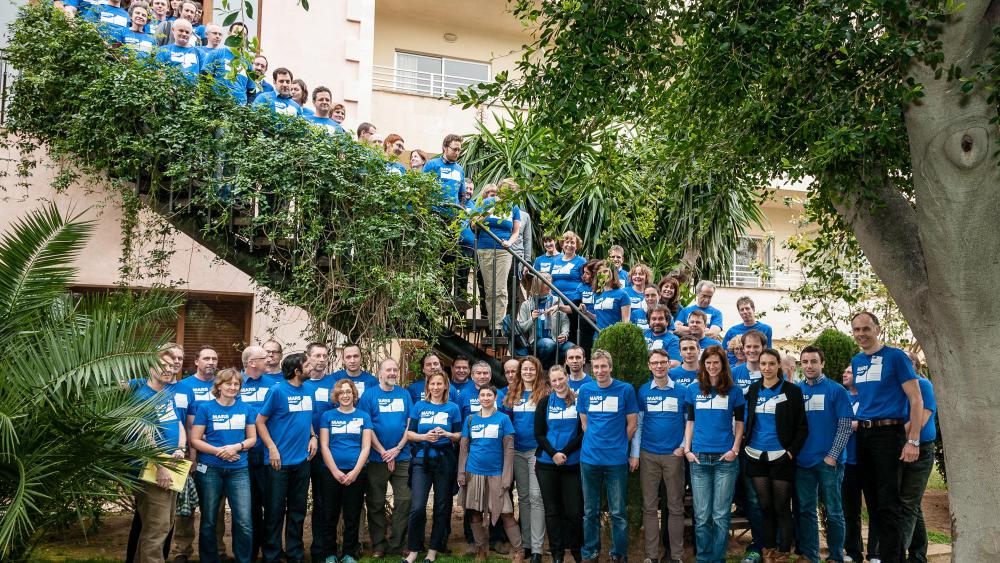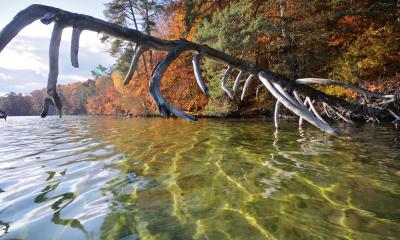MARS
Short profile
Duration

The MARS project team at the kick-off meeting | picture: MARS project/UDE
Our surface and groundwater struggle with a variety of different pressures, like water shortage, flow regulation, straightening or sediment and nutrient loading. The project MARS analyses how the combination of these stressors impacts aquatic ecosystems and their functions. The MARS project is funded by the European Union under the 7th Framework Programme, 24 partners from 16 countries are involved.
Our main objectives:
- To understand the effects of multiple stressors on surface waters and groundwaters, their biota, and the services they provide to humans
- To understand how ecological status and ecosystem services are related – if at all
- To advise river basin management how to restore multiply stressed rivers and lakes
- To advise the revision of the Water Framework Directive on new indicators for ecological status and ecosystem services
- To develop methods and software for the Programmes of Measures
- The stressor combinations targeted by MARS are representative for large geographic areas.
The report "Status of Europe’s Waters" published by the European Environment Agency lists the most important stressors: nutrient enrichment and eutrophication, sediment and pesticide pollution, water abstraction, flash floods, bed and bank modification, the removal of riparian vegetation and the subsequent increase of water temperatures.
The MARS project funded by the European Union under the 7th Framework Programme, Contract No. 603378.







